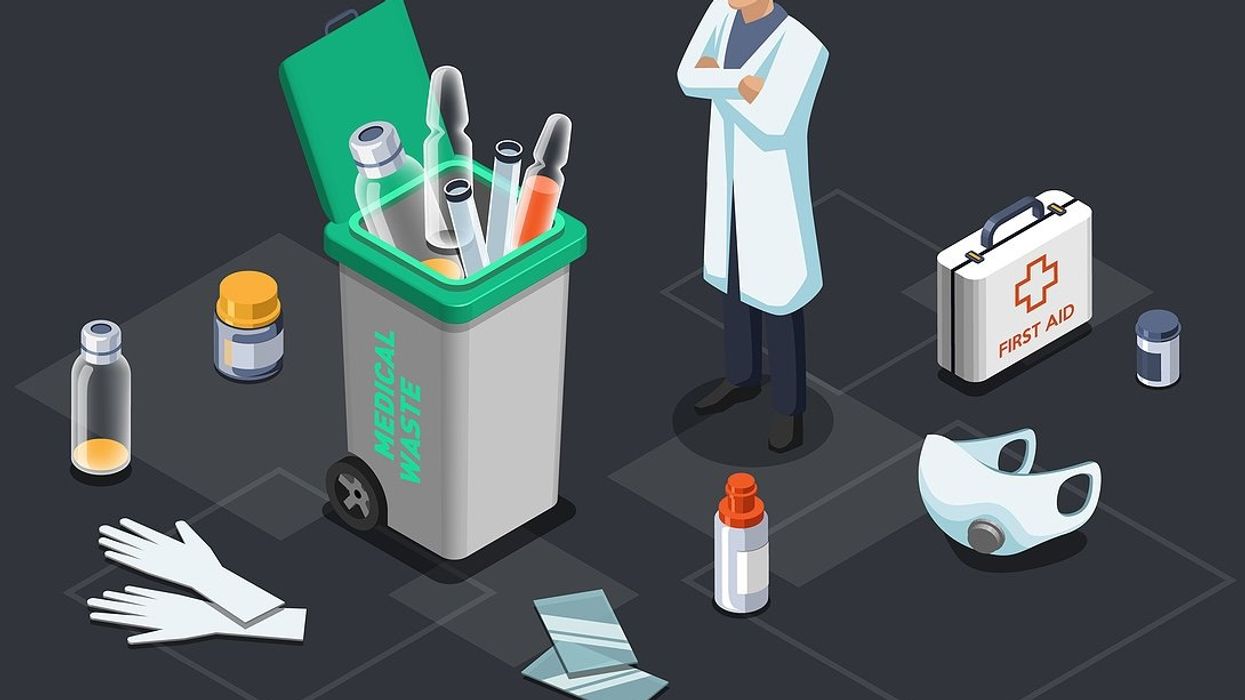A widely used herbicide ingredient called diquat, now common in US weedkillers, damages organs and gut bacteria and is banned in many other countries, according to a new review of research.
Tom Perkins reports for The Guardian.
In short:
- Diquat, used in vineyards and orchards and increasingly replacing glyphosate in products like Roundup, is linked to organ damage, gut microbiome disruption, and inflammation throughout the body.
- The substance is banned in the EU, UK, China, and elsewhere but remains legal in the US, where the EPA is not currently reviewing its safety.
- Despite mounting evidence of its toxicity — including potential links to neurodegeneration and cancer — diquat has received little attention from US regulators and environmental groups.
Key quote:
“Other countries have banned diquat, but in the US we’re still fighting the fights that Europe won 20 years ago.”
— Nathan Donley, environmental health science director, Center for Biological Diversity
Why this matters:
Diquat is part of a broader pattern in which hazardous chemicals phased out in one region are replaced with equally or more dangerous substances in another. Known as “regrettable substitution,” this cycle puts public health at risk while giving the illusion of progress. Diquat is especially concerning because it attacks the gut microbiome — central to digestion, immune function, and mental health — and has been linked to irreversible organ damage and chronic diseases. Children, farmworkers, and people living near sprayed areas may face the highest risks. The lack of regulatory scrutiny in the US, compared to bans already enacted in the EU, UK, and China, raises questions about the influence of industry and the adequacy of current pesticide laws to protect public health and the environment.
Related: Bayer’s new Roundup products more toxic than prior formulations, report asserts















